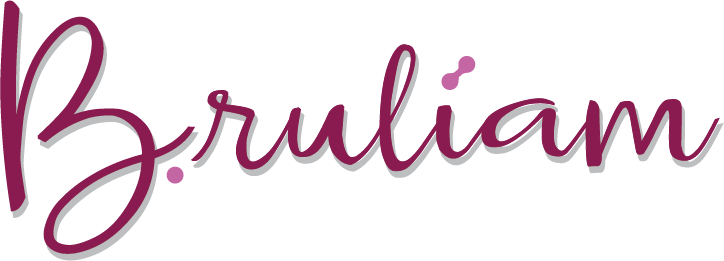Drink Your Way to a 401(k)
Brian and I are pretty conservative folks. We invest for retirement conservatively, and our returns had been steadily profitable but never flashy or astronomical. (Now, of course, we're tanked like the rest of you). Ever traditional, our kids have garden variety saving accounts and standard 529 college savings funds. All straightforward, even for non-business minds like mine. Even with the current devaluation, I'm way too chicken to trade in a college fund buoyed by a broad swath of blue-chip type stocks for say, a case or two or twenty of Chateau Margaux. But not so for Erica Abramson of Great Neck, NY. In an article appearing in the June 15, 2009 issue of Wine Spectator, she details how she built a 1500 bottle capacity, state of the art, investment-grade wine storage facility in her home in which to house her children's future college nest egg. Apparently she'd axed an investigation into more traditional college savings funds as "[her] husband kept saying, ‘Oh, the market's going to collapse.'" Now 898 bottles later, she's at just over 50% capacity. The article points out that sure, a classic, perfectly preserved 1982 Margaux has appreciated by 1,374%, far more than Brian and I could ever hope to gain under California's 529 plan. But also the 2005 first growth Bordeaux have nose dived nearly 30% since their release price. More than any other category of wine in the world, French Bordeaux are bought, sold, and traded as investment commodities. Buttressed by history of greatness, quality and long ageablilty, an entrenched, multi-tiered ranking system crowned by the five first growths, and significantly higher production than the wines of Burgundy or Barolo, the French Bordeaux put the "trade" in the wine trade. Even their selling rituals involve the complex choreography of a three way ballet between grower, broker and merchant. The broker is the middle man who chills with the chateaux owners and tastes maturing wine in barrels, relaying his/her impressions to the merchants on the outside who actually sell the stuff to the thirsty public. This way the merchants gain second-hand knowledge of expectations for each vintage before wines are released for sale. At first, just a small proportion of the finest wines are sold as futures in the spring immediately following harvest. Lucky investors with VIP access can opt to buy the immature wines at a relative discount, prior to aging and before the wines are shipped for full scale release at a higher fixed price. But futures are also purchased with an eye to good faith and stomach of steel, as quality, flavors, tannins, and structure may be altered with aging, often favorably but perhaps not. The "Bordeaux stock market" is actually a real phrase.
Consider the Bordeaux Index Wine Investment based in the UK. This firm helps investors avail themselves of the wondrous "low risk, high yield" world of wine investing. They claim to "combine financial discipline, market insight and wine knowledge to optimize returns. All portfolios are tailored to meet the specific risk appetite and investment horizon of the investor." Sounds just like Merrill Lynch or a friendly chap in an eTrade commercial. Benefits are summarized as "Generated annualized returns of over 25% per annum in the past 5 years; Tax free (if certain conditions are met); Diversification - Fine wine has a near-zero long-run correlation with all major debt and equity markets; Security of asset ownership; Fee free structure." Hey, sign me up!
Let me push my snippy quips aside and wash away the ugly, green tinge from my jealous cheeks. I am certainly envious of that rarefied crew of lucky drinkers (or investors) who can afford to buy and hold cases of this stuff at a time (a case of 2000 Lafite Rothschild will run you about $20,500). But on the other hand, I am staunchly opposed to the very idea of wine as investment. I firmly believe that wine is for drinking and sharing and enjoying, right now. Sure big, tannic wines require more aging but that just means we'll drink them later. Artists, poets, wine lovers and authors weep over the beauty, nuances, and grace of magnificent wines, not over their investment portfolios. (Sorry, poor semantics. Yes we're actually crying with the rest of you!). But you know exactly what I mean. Wine is a living, breathing organic entity that can transform itself profoundly from one sip to the next across a romantic summer evening. Or it is the conviviality and shared warmth of an impromptu, al fresco dinner with friends. Wine is emotional and personal and from the heart, while a stock portfolio is cold-hard number crunching data, mathematical algorithms, and all business. Please don't confuse the two.
So what about Erica Abramson back in New York? Even she cheekily admits, "If the investment doesn't hold up, at least I can drink it." Oh dear, dear Erica, just drop the pretense and open a bottle or two tonight!
